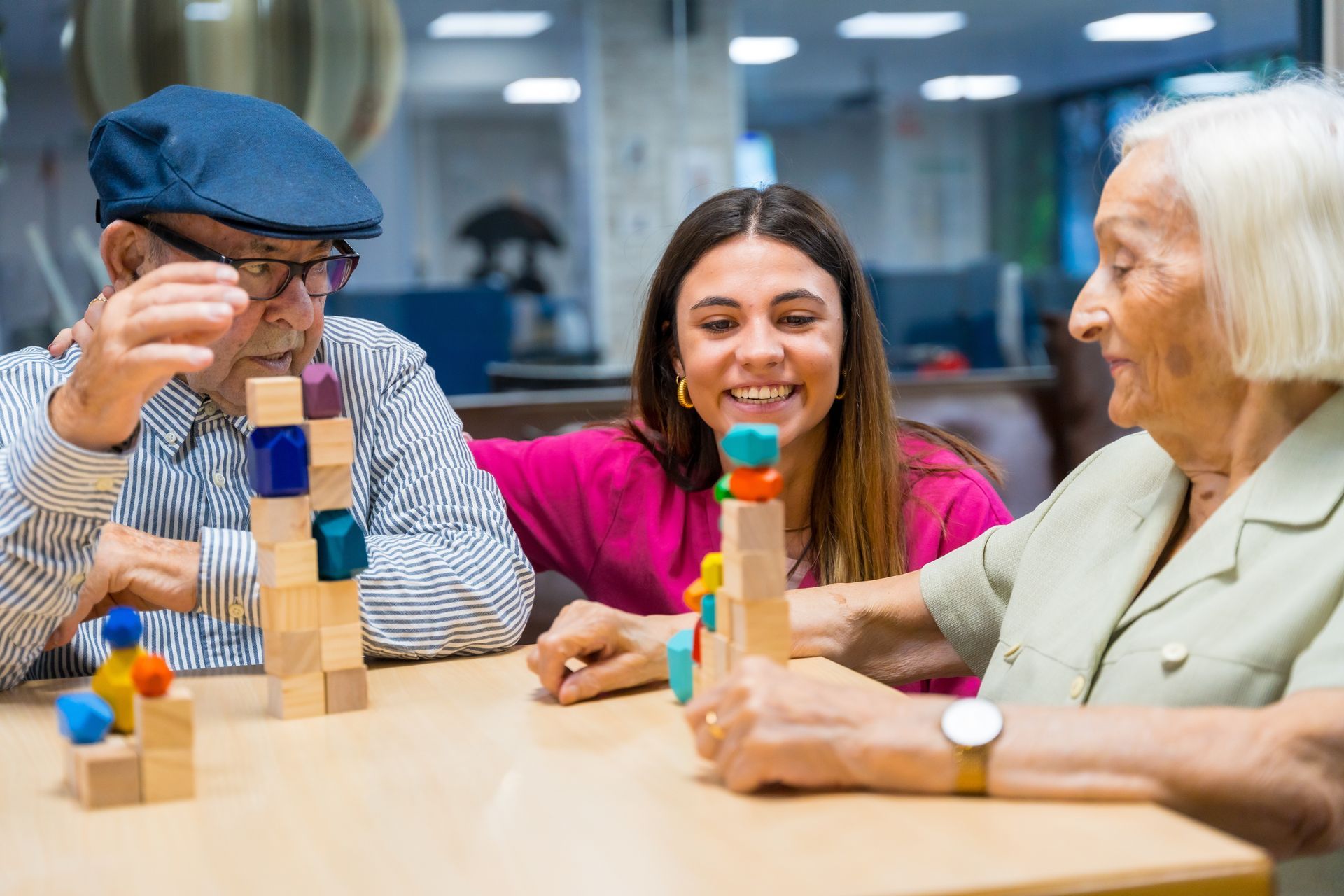BLOG
Tips for Seniors on Meeting the Challenges of Downsizing
The personalized care, home environment, and Montessori Activities program at
Assured Senior Living
help residents to keep their golden years golden. Contact us today for more info!
(303) 814-2688
There are many notable benefits of downsizing in retirement, notes MoneyTalks News, largely because smaller homes tend to be more accessible and affordable, easier to maintain, and less of a headache overall. However, downsizing takes some adjusting, especially if you’re used to living in a larger home. And if you’ve lived in the same home for many years, the emotional aspect of downsizing can trigger a whole slew of emotions, including sadness, anxiety, and grief.
Even if downsizing is the right choice for you, you may still experience some physical, mental, and emotional challenges as you adjust to living in a smaller home, condo, or senior living community. These tips from
Assured Senior Living will help you cope with these challenges, adjust to your new surroundings more easily, and stay happy and healthy in your new home.
Start by Selecting the Right Type of Home
To ensure that you’ll feel happy, healthy, and fulfilled after moving into your new home, it’s important to choose the right type of property for your golden years. Do you hope to find a home for aging in place? Or would a condo, townhome, or senior living community be a better fit for your lifestyle? While aging in place is certainly an option, consider “aging in community” instead, a living arrangement that avoids living alone and offers many social benefits.
If a senior living community will suit you best as you grow older, you’ll need to explore your available options. Will you be most comfortable in an independent living community, or would an assisted living facility be best?
There are
several major differences between these two types of communities, and it’s important to select a facility with the right amenities and care services for your lifestyle and health needs. Assisted living facilities help residents with everything from dressing and bathing to managing medications, while independent living communities provide housing, special services (like maintenance), and shared spaces and amenities.
Moving into an apartment is another option. There are many
apartments for rent in Denver to choose from to accommodate a variety of needs – nearly 4,600 units are currently available. Apartment living means eliminating the need for things like lawn care and being responsible for home repairs. Be sure to check out your options, and, if needed, see which units list accessibility as an amenity.
Stay Active With Senior-Friendly Workouts
According to medical advice from the American Academy of Family Physicians (AAFP), seniors can benefit from physical activity in a variety of ways. A few of these benefits include:
- Improved energy, balance, and strength.
- Prevention from osteoporosis, heart diabetes, depression, and diabetes.
- Improved mood and cognition.
As you cope with the physical and mental challenges of your downsize, physical activity can be a great strategy for relieving stress and anxiety, combating depression, and keeping your body healthy for the long-term, especially if you'll no longer have a yard or garden to break a sweat in.
At some senior centers, you can take advantage of martial arts classes, fall prevention programs, yoga and meditation, dance, aerobics, and so much more. You can also find
a variety of senior-friendly workouts from apps and YouTube channels like Yoga Studio, SilverSneakers GO, and FitnessBlender.
Care for Your Mind, Body, and Spirit
Downsizing is an emotional experience, even if you’re confident in your decision to leave your current home. And as you transition into your new home and adjust to living in a smaller space, several self-care strategies can help to boost your physical, mental, and emotional well-being. These include:
- Keeping the space clean and organized. A dirty or cluttered living environment can negatively impact your health and well-being, while a clean and organized home can keep you happy and at ease in your new surroundings. If you’re feeling uneasy in your new home, it’s important to address any issues and work toward creating a more positive living environment.
- Eating a well-balanced diet. To maintain good health after your downsize, be sure to consume plenty of healthy fibers and nutrient-rich foods like whole grains, beans, and vegetables.
- Spending time in nature. To keep your memory sharp, ease feelings of isolation, stress, and depression, and reduce your risk of cancer, autoimmunity, and early death, be sure to step outside for some sunshine and fresh air.
By caring for your mind, body, and spirit as you cope with the physical, mental, and emotional challenges of downsizing, you’ll feel satisfied with your decision to downsize — and you’ll experience a smoother transition into your new home.
Image via
Pexels














